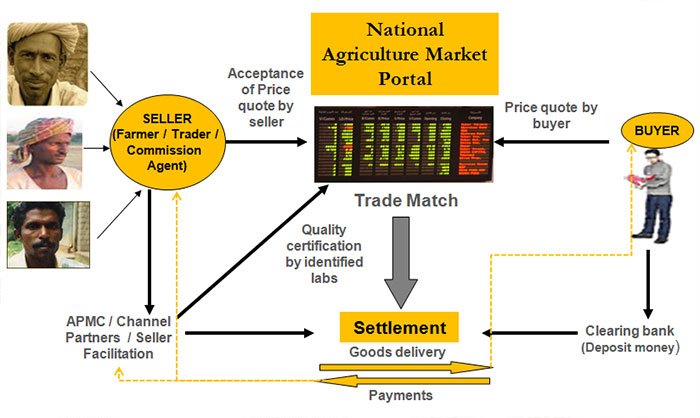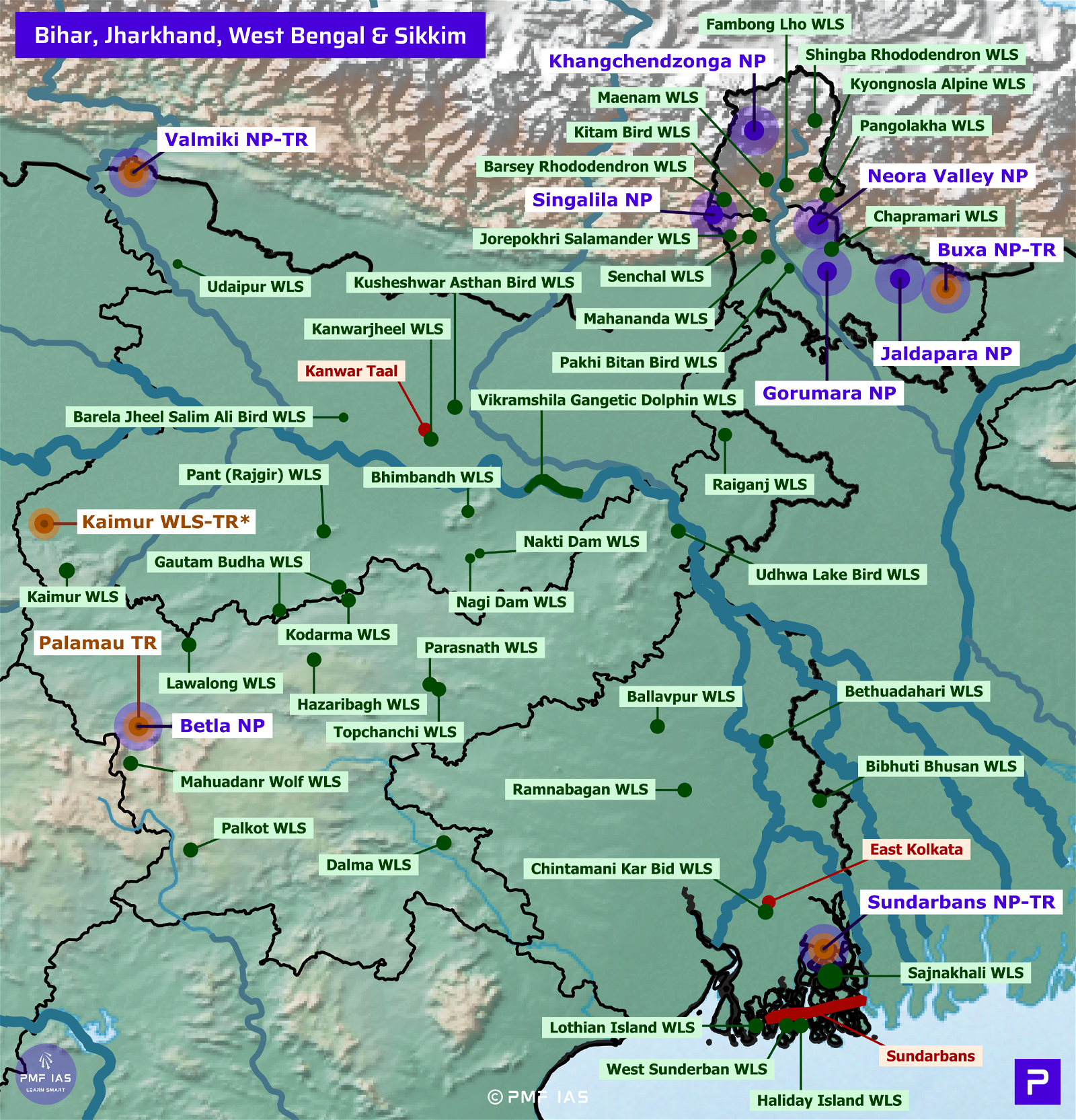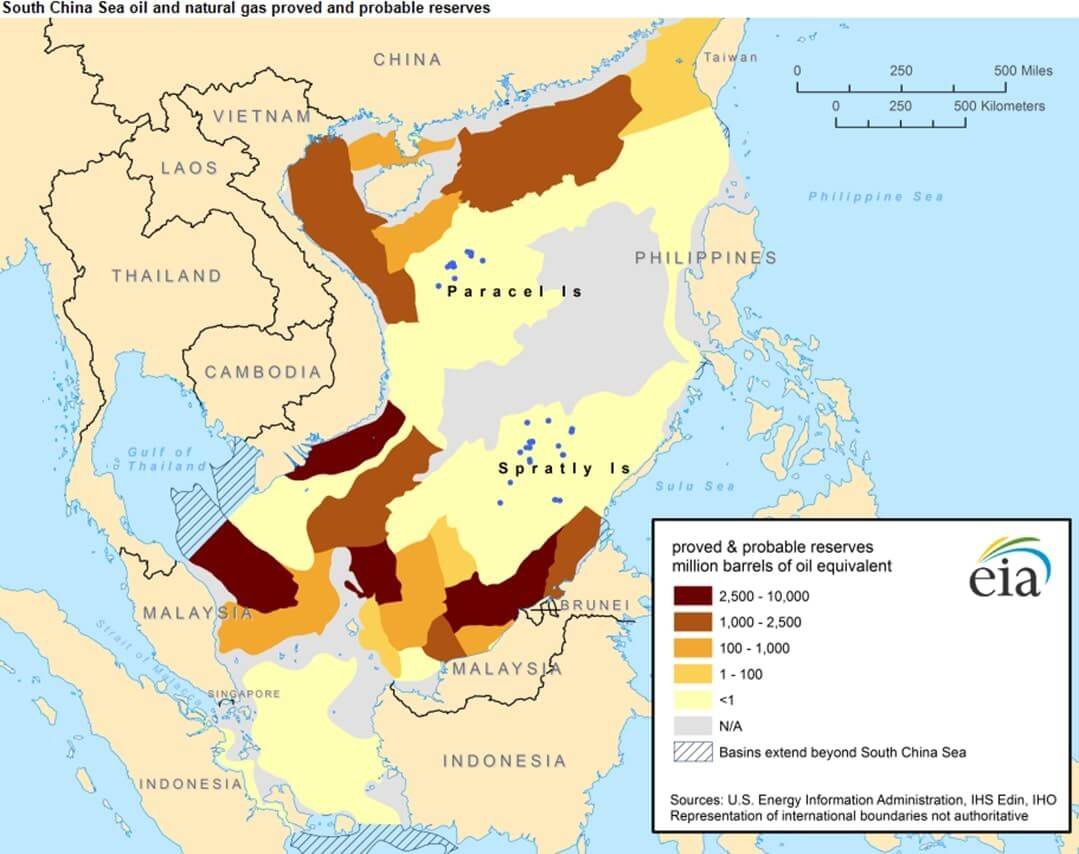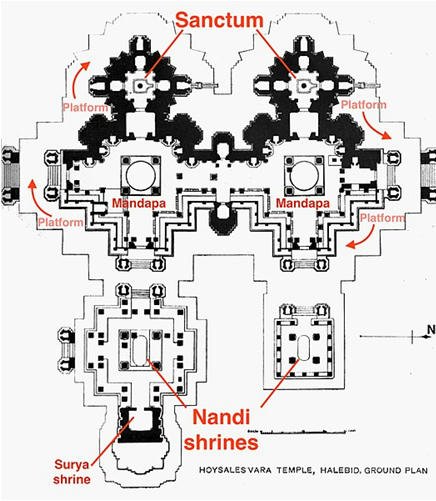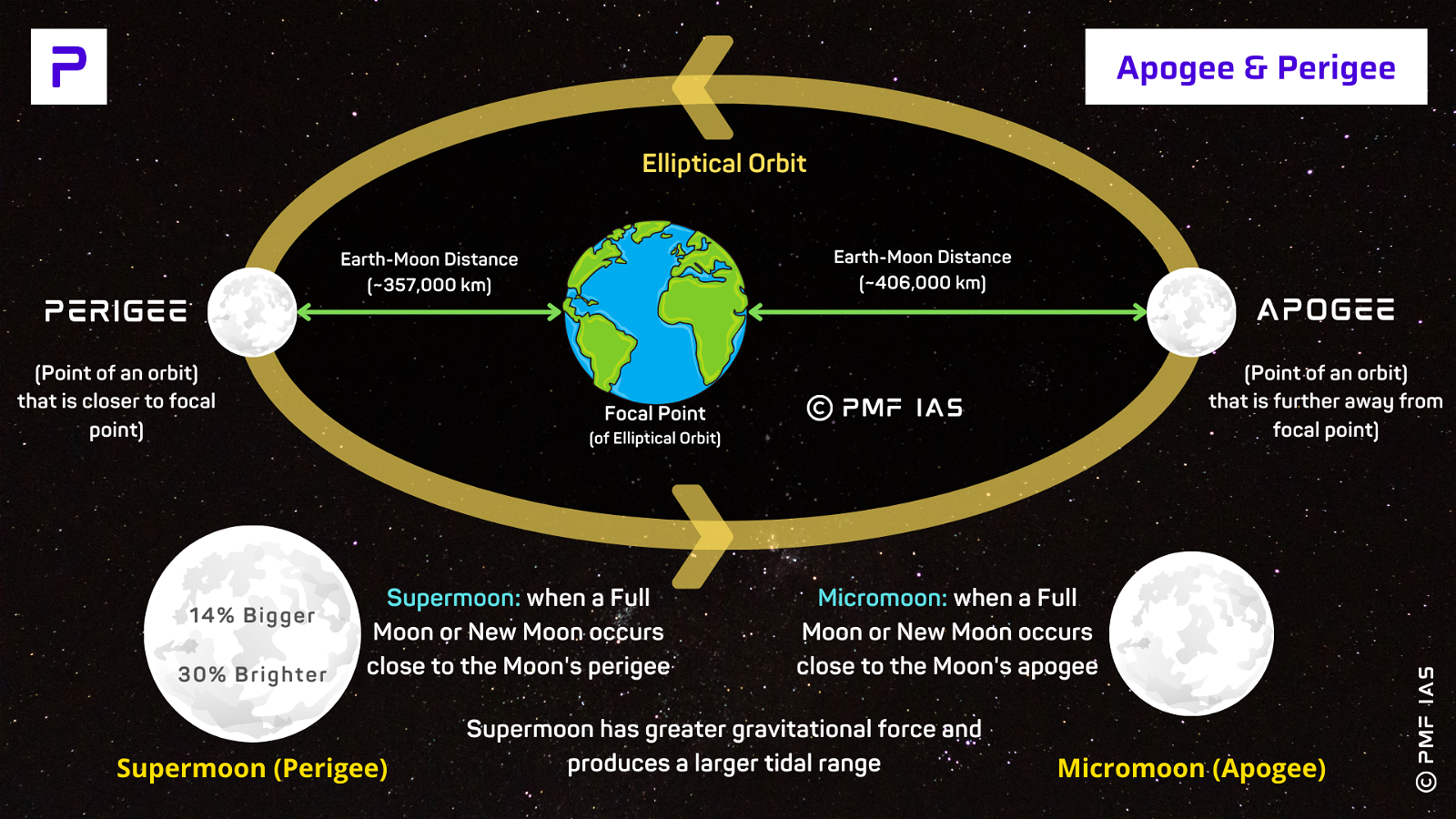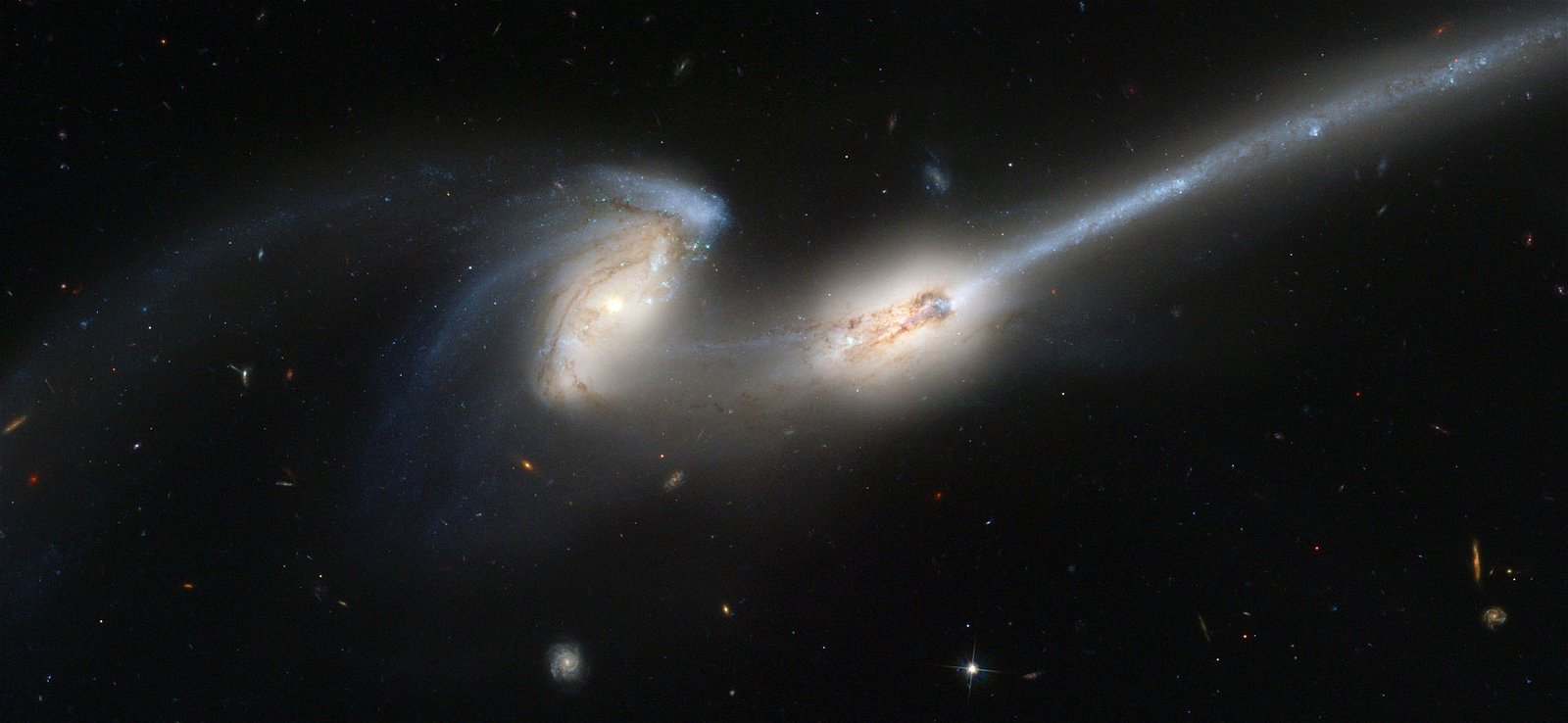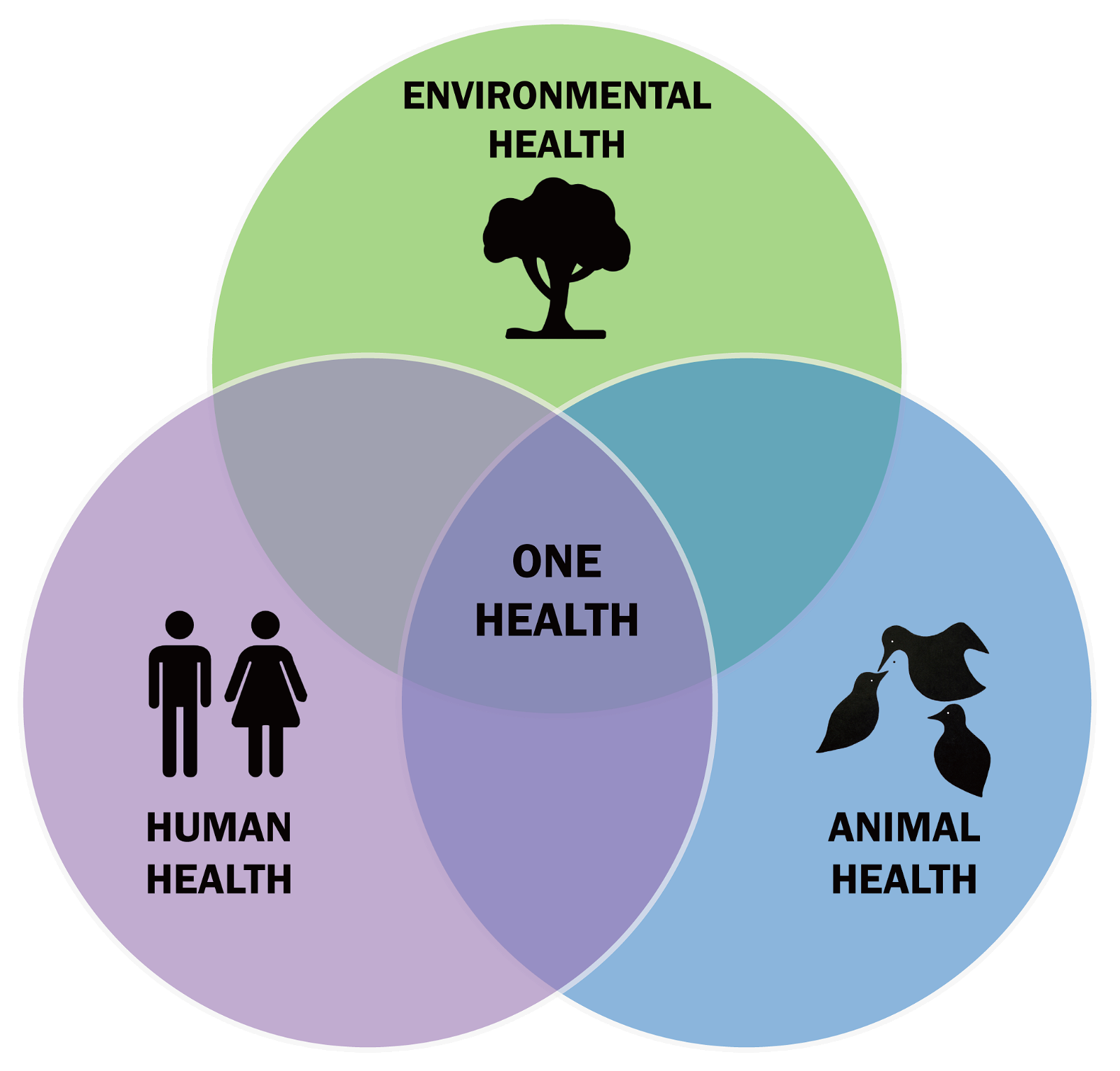
Current Affairs September 02, 2023: Islamophobia, Prevention of Cruelty to Animal Act, 1960, Sessions of Parliament, Financial Action Task Force
Subscribers of "Current Affairs" course can Download Daily Current Affairs in PDF/DOC
Subscribe to Never Miss an Important Update! Assured Discounts on New Products!
Must Join PMF IAS Telegram Channel & PMF IAS History Telegram Channel
{GS1 – Communalism – 2023/09/02} Islamophobia According to The Hindu
- Context (TH): Islamophobia is a form of religious discrimination and intolerance against Muslims.
- It can manifest itself in a variety of ways, including verbal abuse, physical violence, and discrimination in employment, housing, and education.
Examples of Incidents of Islamophobia
Islamophobia leading to lynching
- Lynching of minorities and dalits in India occurs mainly due to the cow slaughter issue.
- Cow slaughter is considered a sin by many Hindus, who regard cows as sacred animals.
- However, many Muslims consume beef as part of their dietary preferences.
- This has led to several cases of mob violence against Muslims accused of killing cows.
- These lynchings are often fueled by rumours and fake news spread through social media.
Common Issues that Drive Islamophobia in India
Use of loudspeakers during Azaan
- Azaan is the Islamic call to prayer that is broadcast five times a day from mosques.
- Some non-Muslims complain that the loudspeakers cause noise pollution and disturb their peace.
Hijab controversy
- The hijab is a headscarf worn by some Muslim women as a sign of modesty and faith.
- Some non-Muslims perceive the hijab as a symbol of oppression and backwardness.
Not everything concerning Muslims can be viewed as Islamophobia
|
Hindutva politics
- Hindutva politics and V.D. Savarkar’s Essentials of Hindutva have played a major role in the growth of Islamophobia in India.

- According to Savarkar, only those who consider India as their fatherland (pitribhumi) & holy land (Punyabhumi) can be true Indians. This excludes Muslims, who regard Mecca as their holy land.
|
State Responses to Islamophobia
- The state responses on Azaan or a ban on cow slaughter are a result of the weaponization of Islamophobia by the Hindutva political class.
- The Hindutva political class uses Islamophobia as a tool to gain electoral advantage.
- They exploit the fears and prejudices of the majority community against Muslims by portraying them as threats to national security, cultural identity, and social harmony.
Way Forward
- Islamophobia affects not only the rights and dignity of Muslims but also the stability and diversity of Indian society.
- There is a need for more education, dialogue, and solidarity among different religious communities to combat Islamophobia and promote mutual respect and understanding.
{GS2 – Governance – Laws – 2023/09/02} Prevention of Cruelty to Animal Act, 1960
- Context (TH): The Arunachal Pradesh government has prohibited glue traps for catching rodents following an appeal from the People for the Ethical Treatment of Animals (PETA) India.
- The glue traps often catch non-target animals, including birds, squirrels, etc. The government notification says use of glue traps violates the Prevention of Cruelty to Animals Act, 1960.
|
The Prevention of Cruelty to Animals Act,1960 (PCA Act 1960)
- The PCA Act 1960 was enacted to prevent infliction of unnecessary pain or suffering on animals.
Key Provisions of PCA Act 1960
Definition of animals
- The Act has established the definition of animals as any living creature other than human beings.
Different forms of cruelty inflicted on animals
- The Act discusses different forms of cruelty inflicted on animals and its exceptions.
- It will be considered cruelty if a person:
- beats, over-rides, over-drives, over-loads, torture any animal
- employs in any work for which the animal is unfit due to age, disease, wound etc.
- administers any injurious drug to any animal
- carries any animal in such a manner that it causes unnecessary pain or suffering
- confines any animal in any cage where it cannot move reasonably
- keeps an animal chained for an unreasonable time with a short or heavy chain
- fails to provide sufficient food, drink, or shelter to the animal it owns
- abandons any animal in circumstances which will lead to suffering
- It also lays down the process of killing a suffering animal when cruelty has been imposed, to avoid any further suffering.
Guidelines for experimentation on animals
- The Act provides the guidelines for experimentation on animals for scientific purposes.
- It exempts experiments which:
- leads to the discovery of new physiological knowledge
- helps in prolonging life, ending suffering or curing any disease (of humans, animals or plants).
Guidelines for the exhibition of performing animals
- The Act provides guidelines for the exhibition of performing animals. An animal cannot be exhibited or trained by any person, if:
- the person is unregistered as per the provisions of this Act
- an animal has been barred from being included in any performance by the GoI
Animal Welfare Board of India (AWBI)
- The Act provides for the establishment of the Animal Welfare Board of India (AWBI), a statutory advisory body for animal welfare and their protection from cruelty.
Penalties
- The Act provides for punishments and penalties for offenders.
- It provides for a limitation period of 3 months from the day the offence is committed.
- Beyond this period no prosecution shall lie for any offences under this Act.
Prevention of Cruelty to Animal (Amendment) Bill, 2022
- The PCA Bill 2022 is prepared by the Ministry of Fisheries, Animal Husbandry and Dairying.
Key Provisions of PCA Bill 2022
A new category of Gruesome Cruelty
- The Bill defines gruesome cruelty as “an act that leads to extreme pain and suffering to the animals which may cause lifelong disability or death”.
Bestiality as a crime
- The Bill includes ‘bestiality’ as a crime under the gruesome cruelty category.
- Bestiality means any kind of sexual activity or intercourse between a human being and an animal.
Freedoms to Animals
- The Bill proposes to provide five freedoms to animals:
- Freedom from thirst, hunger and malnutrition
- Freedom from discomfort due to environment
- Freedom from pain, injury and diseases
- Freedom to express normal behaviour for the species
- Freedom from fear and distress
Community animals
- In the case of community animals, the local government shall be responsible for their care.
- The Bill defines a community animal as ‘any animal born in a community for which no ownership has been claimed.’
- It excludes wild animals as defined under the Wildlife Protection Act, 1972.
Penalities and punishment
- The Bill proposes for more stringent penalities and punishment.
Constitutional Provisions for Protection of Animals (GS2, IC)Fundamental Rights
Directive Principles of State Policy
Fundamental Duties
|
{GS2 – IR – International Organizations – 2023/09/02} Financial Action Task Force
- Context (TI I TH): The Financial Action Task Force (FATF) is deliberating on a set of binding rules to bring fugitive economic offenders across countries to justice.
- It was established in 1989 during the G7 Summit in Paris to develop policies against money laundering. In 2001, its mandate expanded to include terrorism financing.
- Its headquarters is in Paris, France.
- Its members include 39 countries. India became a member of FATF in 2010.
FATF maintains two types of lists –
- Black List: Countries known as Non-Cooperative Countries or Territories are put on the blacklist.
- These countries support terror funding and money laundering activities.
- Three countries, North Korea, Iran, and Myanmar, are currently on FATF’s blacklist.
- Grey List: Countries that are considered a safe haven for supporting terror funding and money laundering are put on the FATF grey list.
- This inclusion serves as a warning to the country that it may enter the blacklist.
- Some countries that are currently on FATF’s grey list are Pakistan, Syria, Yemen, and Zimbabwe.
Consequences of being on the FATF blacklist
- No financial aid is given to them by the IMF, World Bank, Asian Development Bank (ADB) etc.
- They also face a number of international economic and financial restrictions and sanctions.

{GS2 – MoE – Initiatives – 2023/09/02} Deemed-to-be-University Status
- Context (TH I IE): NCERT, the apex decision-making body for school education has been granted the deemed-to-be-university status by the Ministry of Education on its 63rd Foundation Day.
- NCERT is an autonomous organization that was established in 1961 to advise the Central and State Governments on programmes for school education.
- NCERT is also responsible for developing curriculum frameworks, teacher education programmes, educational research, and innovation.
- With the deemed university status, NCERT will be able to offer undergraduate, postgraduate, doctoral, and post-doctoral programmes in various disciplines related to school education.
University Grants Commission
Types Of Universities in India
|
Concept Of Deemed Universities
- The concept of deemed universities was introduced to enable more Higher education Institutions (HEIs) to attain university-level standards and privileges, especially in specialized fields of study.
- According to the UGC Act of 1956, only those institutes that are established by state or union laws can be recognized as universities.
- Therefore, many HEIs that are not established by such laws, but have achieved excellence in their respective domains, can be designated as deemed universities by the Central Government.
Criteria For Granting Deemed University Status To A HEI Include:
- Offering postgraduate and research programmes for at least five years.
- High-quality of faculty, infrastructure, research output, and academic performance.
- Distinct identity and focus on a specific field of study.
- Viable financial plan and adequate resources.
{GS2 – Personal Laws – 2023/09/02} SC Ruling on Child Rights in Ancestral Property
- Context (HT I TH): SC held that a child under void or voidable marriages of the Hindu Marriage Act (HMA) would be a legitimate kin under the Hindu Succession Act (HSA).
- Such children (born out of “void or voidable” marriages) can claim a right in their parent’s ancestral property.
- The verdict is a progressive step towards gender equality.
Mitakshara and Dayabhaga schools of law
| Criteria | Mitakshara Law | Dayabhaga Law |
| Geographical area | All parts of India except Bengal and Assam. | Bengal and Assam. |
| Coparceners | Only male members by birth or adoption. | Both male and female members by inheritance. |
| Right to property | Arises by birth in the property. | Arises only after the death of the father. |
| Devolution of property | By survivorship, i.e., the surviving coparceners inherit the share of the deceased coparcener. | By succession, i.e., the legal heirs of the deceased coparcener inherit his or her share. |
| Partition of property | Consists of ascertaining and defining the shares of the coparceners. | Consists of separating and assigning specific portions of the property to the coparceners. |
{GS2 – Polity – IC – Parliament – 2023/09/02} Sessions of Parliament
- Context (TH): The government has called for a “special session of Parliament“.
- Special session refers to sessions called by the government for special events or milestones.
- The IC does not define a special session.
Summoning of Houses of Parliament
- Article 85(1) of IC empowers the President to summon each House of Parliament to meet.
- But the maximum gap between two sessions cannot be more than six months.
- It is not necessary that the Lok Sabha and Rajya Sabha should be summoned simultaneously or on the same date.
- The Parliament has no fixed calendar for sittings.
- Normally, three sessions are held in a calendar year, namely:
- Budget Sessions
- Monsoon Sessions
- Winter Sessions
Summoning of Houses for Joint Sitting
- Under Article 108 of IC, the President can call a joint sitting of both Houses.
- The president calls a joint sitting if a Bill passed by one House and transmitted to the other House:
- is rejected by the other House
- the Houses have finally disagreed to the amendments to be made in the Bill
- more than six months elapse from the date of the reception of the Bill by the other House
- In the past, joint sittings of the Houses have been convened on three occasions.
Dissolution of Lok Sabha (LS)
- In terms of Article 83(2) of IC, the LS:
- Unless dissolved sooner, shall continue for five years from the date of its first meeting
- Automatically dissolves on the expiration of five years.
- The LS can also be dissolved earlier by the President on the advice of the Prime Minister.
- The LS can also be dissolved if the President feels that no viable government can be formed after the resignation or fall of a government.
Adjournment
House sine die
Prorogation
Effect of Prorogation on Pending Business
|
{GS2 – Polity – RPA – 2023/09/02} Corrupt Practices
- Context (TH): The Karnataka High Court declared the election of Prajwal Revanna, MP from Karnataka as null and void.
- HC found that Mr. Revanna had:
- Given false information about his assets.
- Indulged in different election corrupt practices as per the provisions of the Representation of Peoples Act, 1951.
- HC rejected the plea of A. Manju (runner-up) to declare him as a returned candidate (elected candidate) in place of Mr. Revanna.
Representation of the People Act (RPA), 1951
- RPA 1951 contains the provisions related to:
- Notification of general elections.
- Conduct of elections and bye-elections.
- Qualifications and disqualifications for membership of Parliament and State legislature.
- Procedure for settling doubts and disputes arising out of elections.
- Barring the jurisdiction of civil courts.
- Registration of political parties.
- Curbing corrupt practices and other offenses.
Corrupt practices under the RPA 1951
- Section 123 of the RPA 1951 defines corrupt practices.
- Corrupt practices include bribery, undue influence, false information, and promotion of “feelings of enmity or hatred between different classes of the citizens of India on grounds of religion, race, caste, community, or language” by a candidate.
Case Laws
- Recently, the Telangana HC:
- Disqualified Mr. Reddy (MLA) on the ground that he had concealed details of properties owned and loans taken, in his 2018 election affidavit.
- Declared D K Aruna (runner-up) as the winner from Gadwal in the 2018 election.
- In the Anugrah Narayan Singh vs. Harsh Vardhan Bajpayee case (2023), SC held that providing false information about a candidate’s qualifications cannot be considered a “corrupt practice” under Sections 123 of the RPA 1951.
Article 102 of IC: Disqualifications from Membership
|
{GS3 – Envi – Species – 2023/09/02} Echnidas
- Context (TH): Echnidas are not related to hedgehogs and anteaters, though they look alike.
- Echidna (or spiny anteater) is a mammal found in Australia, Tasmania, and New Guinea.
- It is insectivorous and uses its long, sticky tongue to capture ants and termites.
- It can be active day or night but avoids midday heat.
Things that Make Echidnas Remarkable
Monotreme
- Monotremes are the only group of egg-laying mammals.
- At present there are only two mammals belonging to this group.
- Echidnas
- Platypus
- Female echidnas lay a single egg through the cloaca and incubate it in a pouch on their stomach.
- Baby echidnas, called puggles, are nourished by milk from the special mammary hairs of mothers.
|
Electroreception
- Echidnas have electroreception (i.e., the ability to detect electric fields).
- It is found in a variety of animals, including fish, amphibians, reptiles, birds, and mammals.
- It is used by animals for a variety of purposes, including:
- Finding prey
- Navigating
- Communicating
Highly Adaptable
- Echidnas are highly adaptable and so found in a wide range of climatic regions.
- It is found in tropical forests, savannah grasslands, hot deserts, and snow mountains.
- In order to adapt to different climates, echidnas have made changes in their physical body, behaviour, gestation period, and mating time.
- As a result of these adaptations, the subspecies of echidnas are distinctly different from each other.
Mating Trains
- Echidnas congregate during the breeding season when a female is followed by a train of suitors.
- They are called mating trains and Kangaroo Island is famous for such trains.
Conservation Status of Echidnas
|
Subspecies of Echidnas |
IUCN Status |
| Short-beaked echidna (Tachyglossus aculeatus) | Least Concern |
| Western long-beaked echidna (Zaglossus bruijnii) | Critically Endangered |
| Eastern long-beaked echidna (Zaglossus bartoni) | Vulnerable |
| Sir David’s Long-beaked Echidna (Zaglossus attenboroughi) | Critically Endangered |

Marsupials and Monotremes
|
Differences Between Marsupials and Monotremes |
||
|
Characteristic |
Marsupials |
Monotremes |
| Reproduction | Marsupials give birth to underdeveloped young (these young continue to develop in the mother’s pouch) | Monotremes lay eggs that hatch into young |
| Cloaca | Simpler | Complex |
| Body sizes and shapes | Wider range | Smaller range |
| Habitats | Wider range | Smaller range |
| Species |
Kangaroos, koalas, wombats, opossums, wallabies |
Platypus, echidnas |
|
Similarities Between Marsupials and Monotremes |
||
| Both are mammals. | ||
| Both have mammary glands that produce milk to feed their young. | ||
| Both are found only in Australia and New Guinea. | ||
{Prelims – A&C – Literature – 2023/09/02} Panini’s Ashtadhyayi
- Context (TH): A culture corridor will be set up at the ‘Bharat Mandapam’ (venue of G-20 summit).
- The corridor would have both physical and digital components.
- It will showcase the art, craft, and heritage of all the G-20 nations as well as nine guest countries.
- India’s contribution would be Panini’s Ashtadhyayi.
Panini
- Panini is the greatest grammarian of the Sanskrit language.
- He wrote Ashtadhyayi around the 6th century BCE which is a work on Sanskrit grammar.
- Ashtadhyayi has eight chapters and about four thousand sutras.
- Mahabhasya written by Patanjali in the 2nd century B.C. is a commentary on Panini’s Asthadhyayi.
{Prelims – Awards – 2023/09/02} Ramon Magsaysay Award
- Context (TH): Oncologist R. Ravi Kannan of the Cachar Cancer Hospital and Research Centre wins 2023 Ramon Magsaysay Award.
- Ramon Magsaysay Award is Asia’s premier prize and highest honour.
- It is also considered as Asia’s Nobel Prize.
- The Ramon Magsaysay Award Foundation (RMAF) manages the Ramon Magsaysay Award.
- Ramon Magsaysay Award Foundation (RMAF):
- It is an international wholly independent non-profit organization based in Manila, Philippines.
- It was established in 1957 to honour Indonesia’s former President Magsaysay memory.
- It recognizes persons and organizations in Asia that exemplify transformative leadership and greatness of spirit.
{Prelims – MIH – Personalities – 2023/09/02} Sir Arthur Thomas Cotton
- Context (TH): British General and Irrigation Engineer Sir Arthur Thomas Cotton is remembered and revered by farmers of the Godavari delta.
- In the 1840s, he convinced the then-British government to build Dowleswaram anicut on the Godavari River to irrigate the Godavari Delta to rid the region of famine.
|
Significance of Dowleswaram Anicut
- It made Godavari Delta one of the leading producers of rice, banana, and coconut.
- Pulasa fish, the signature fish species of Andhra Pradesh, is caught at Dowleswaram.
Godavari River (GS1, Geo)
|





![PMF IAS Environment for UPSC 2022-23 [paperback] PMF IAS [Nov 30, 2021]…](https://pmfias.b-cdn.net/wp-content/uploads/2024/04/pmfiasenvironmentforupsc2022-23paperbackpmfiasnov302021.jpg)

